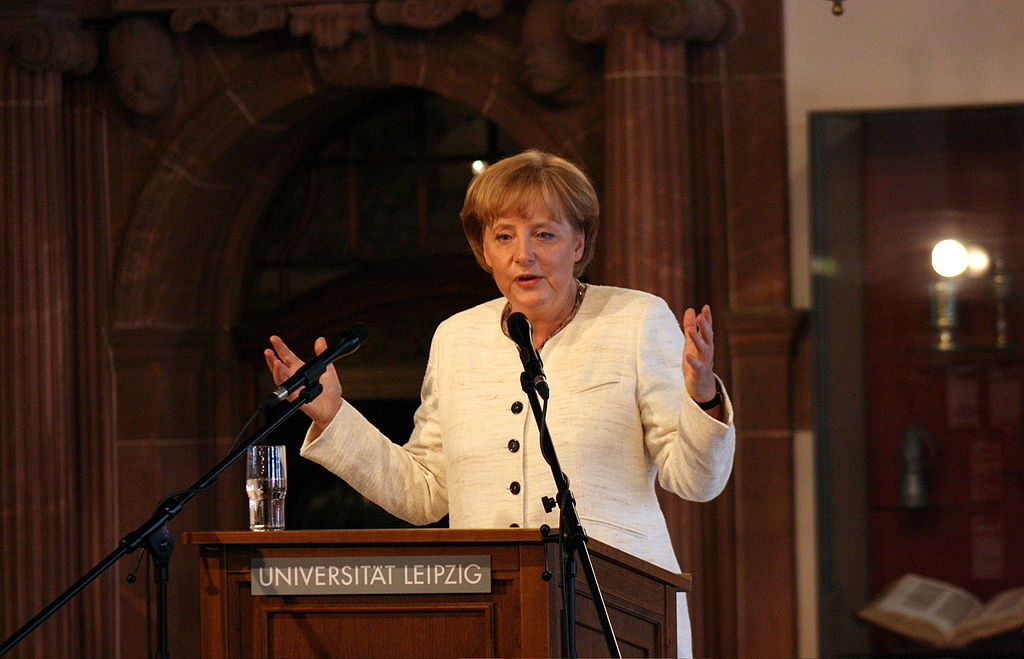Angela Merkel – A Portrait

world’s most powerful woman Federal Chancellor of Germany Dr. Angela Merkel
Oberservers say there has been an immediate sympathetic atmosphere when the Indian Prime Minister Manmohan Singh first met his German counterpart Angela Merkel at the Hannover Trade Fair in April 2006. He – the Sikh from Punjab- and she – the protestant woman from eastern Germany. Both not being the typical representatives of their state and only shortly in office. Both looking back at academic careers, making their way to politics through powerful mentors. He is internationally regarded as the architect of the reforms helping the Indian economy to grow like never before, she was considered to be the “World’s Most Powerful Woman” at present in Forbes Magazine.
Childhood in communist Germany
Merkel was born in Hamburg. When her father, a Lutheran pastor, received a pastor ship at the church in a small town in the state of Brandenburg, the family moved to Templin, north of Berlin- which was at that time considered communist East Germany. Even today that connection to her roots has quite an importance to Angela Merkel. She once said: “I consider it very important for political leaders, even when they are in government, to have a local voting district.” After spending her childhood in a small town, Merkel studied physics in Leipzig and earned her Ph.D. at the East German Academy of Sciences based on a doctoral thesis on quantum chemistry. And after being rewarded the doctorate, she worked in the research field.
At the age of 35 Angela Merkel got involved in the growing democracy movement after the fall of the Berlin Wall in 1989. She joined the newly established party Demokratischer Aufbruch- Democratic Awakening. After the collapse of the communist regime, she appeared on the political stage for the first time. Following the first democratic election of the East German state, she became the deputy spokesperson of the new pre-unification caretaker government. At the first pre-unification general election in 1990 she was elected to the Bundestag and her party merged with the West German CDU (Christian Democrats).
Kohl’s Girl
Shortly after this, Angela Merkel’s career took off. The West German Chancellor Helmut Kohl named her his Minister for Women’s and Youth Affair. In 1994 she became Minister for Environment and Reactor Safety and was the youngest minister in Helmut Kohl’s 3rd cabinet. As his protégées, the media called her “Kohl’s girl”. During this time she surely gained a greater political visibility and a platform on which she could build her political career. Despite her male colleagues Angela Merkel was not trying hard to earn political prominence, she was rather pulling the strings strategically from behind. She first came to prominence during the CDU party slush scandal by criticizing her former mentor Helmut Kohl and advocating a fresh start of the party without him. When Kohl lost the election in 1998, Merkel was named the Secretary-General of the CDU. In 2000 Merkel was elected to become the CDU party chairman, thus becoming the first female chair of her party. Even though opponents stated that she lacked all the attributes which are necessary to become a successful politician since the hasn’t been a member of the Youth Association of her party and thus didn’t seem to have a broad base of political contacts. And as a protestant lady she doesn’t quite fit the original composition of the party: the CDU is a male-dominated, socially conservative party with deep Catholic roots. But as the leader of the CDU Merkel enjoyed more and more popularity. From 2002-2005 she was the chairwoman of the CDU-CSU (Christian Social Union-sister party of the CDU) parliamentary party group.
First Female Chancellor
In the federal election in November 2005 Merkel ran against former Federal Chancellor Gerhard Schröder. She won, became Germany’s 8th post-World War II leader and now leads Germany’s Grand coalition. Dr. Angela Merkel is simultaneously the first female Chancellor of Germany since it became a modern nation-state in 1871 and also the first eastern German to hold the office. She is the youngest person to be the German Chancellor since the Second World War. And in 2007 she became the second woman to chair a G 8 summit after Margaret Thatcher. As a strong self-confident female politician from a centre right party and a scientist, Merkel has been compared by many to the former British Prime Minister Thatcher. After her election Social Democrat Peter Struck pointed out: ”Any woman who can fight her way to the chancellorship of the Christian Democratic Union has certain strengths!” Observers say she will surely need her reputed toughness to push fundamental reforms through while holding a potentially fractious Grand coalition with the Social Democrats together. When Merkel became Chancellor two years ago Germany had the lowest economic growth in Europe. Thus she announced in her first government address the objective of improving the German economy and reducing unemployment. In early 2006, polls showed that Angela Merkel had the highest approval rate among Germans ever to be recorded for a chancellor since 1949. However her popularity has fallen and risen on and off since then.
On the way to India
India has been a stranger for Angela Merkel so far. But her visit to the Asian country is coming up soon: in autumn of this year Germany’s Chancellor will join a business delegation to visit India. It will be her first visit to India.
Text: Daniela Singhal
Bild: Angela Merkel after receiving an honorary doctorate at Leipzig University
Episode 7/21: The Wisdom Workshop Interview with Ute Marke “The Mad Mom Cycling”
Episode 7/21: The Wisdom Workshop Interview with Ute Marke “The Mad Mom Cycling”
“We are one human race. We all have the same aspirations and dreams … we all have the same hopes … and we all go through the same things. We should stop limiting ourselves to religion, gender, or to national aspects. This is just rubbish in my sense … I just consider myself to be part of the human race. I bow my head towards India, because India allows me to be the way I am” – Ute Marke
Ute Marke whose nick name is “The Mad Mom Cycling”, is a certified economist with sound experience in Telecommunication sector with strong focus on human centered digitalization. Now a days she supports young businesses within the green economy with strategic advice and consultancy. She has enabled life enhancing social projects in Africa and India
Where does her passion for India come from? What has this country given her? What relationship does she have with spirituality and how does she see herself and others see her? And of course we speak about Leadership and Change, resilience and sustainable future. What can German companies learn from India?
Listen to this impressive woman, who learned cycling at the age of 45 and cycled 1000 miles through Lesotho for a good cause and the Himalayas! Ute, you rock and P L E A S E keep on going. You show people around the world, that nothing is impossible and everything starts in your mind: boundlessness or the belief in a life full of boundaries. You are a role model! Thank you for this wonderful and very deep interview. With a deep bow!
Episode 6/21: The Wisdom Workshop Interview with Christian Ahl “Consciousness in Leadership”. (German)
I talk about consciousness, passion and relationships with consciousness mentor Christian Ahl, who has lived experience as a leader for years as a CEO in the industrial world. These attributes (and others) define the life of a leader. “Whenever I interact with someone, I change the relationship,” Christian says. Most problems in companies arise on a human, not a technical level. “At what point do I see development happening in my life?” That’s what we need to bring into our awareness, because development runs through like a thread. We also talk about school system, language and much more and what impact it has on our societies. We agree that there can and should be a coexistence of types and stages of development.
Listen in to this multifaceted conversation.
Episode 5/21: Wisdom Workshop “Business Talk” With Carolin Hambruegge on “Women in business in India”
“Leadership is about making others better as a result of your presence and making sure that impact lasts in your absence.” (Sheryl Sandberg, COO Facebook)
Carolin Hambrügge is a self-employed partner of GPS – Global Procurement Sevice in Germany. In this episode we speak about her experiences in doing business in India and we are also focusing on the aspect “Doing business in India as a woman” since the image of the huge country is rather negative in this aspect.
Enjoy the conversation and Carolin’s professional view as well as her long and deep experience in the Indo-German Business relationships.
Episode 4/21: The Wisdom Workshop Interview with Ajahn (Laoshi) Shi Miao Dao on “Metta” (in German)
Meditation is not about trying to get somewhere. It’s about allowing ourselves to be exactly where we are, and to be exactly who we are, and to allow the world to be exactly who it is in this moment. – Jon Kabat-Zinn –
Metta is a word from the ancient Indian Pali language spoken at the time of the historical Buddha.
It means loving kindness, warmth of heart, benevolence, in a narrower sense it is derived from the words “kindness” and “gentleness.”
Ajahn Michal prefers not to translate it, but to call it just metta.
What this has to do with us as human beings and at the same time with politics and economy, you will learn in this interview, which in my opinion again has a wonderful depth and can show some new perspectives.
Have fun listening!
Episode 3/21: Wisdom Workshop Chapter 3 “Choice”
“Everything in your life is a reflection of a choice you made. If you want a different outcome, make a different choice.” – Unknown
This chapter is the last with our wonderful Julia Hayden, who has decided to focus on her vocation of “body whispering” and helping her clients get better connected with themselves.
And that’s what this chapter is all about. Whatever choice you make, stick with it. Give that choice a chance to thrive. Who do you want to be around with? What do you occupy yourself with throughout the day? What am I eating today or reading or watching TV?
I have decided to continue with the Wisdom Workshop podcasts. Julia, thank you for the wonderful time we have had together in our interviews and sharing of ideas. It has been very inspiring and I have learned a lot from you as well.
With a deep bow.

